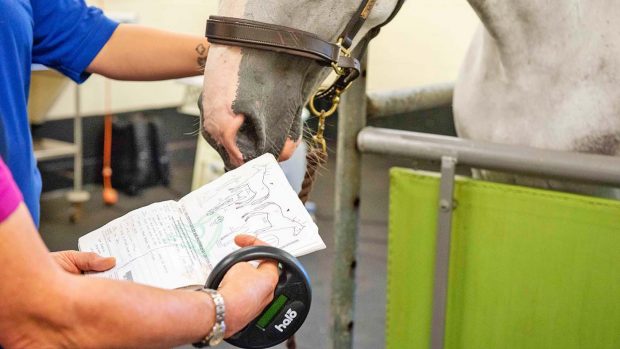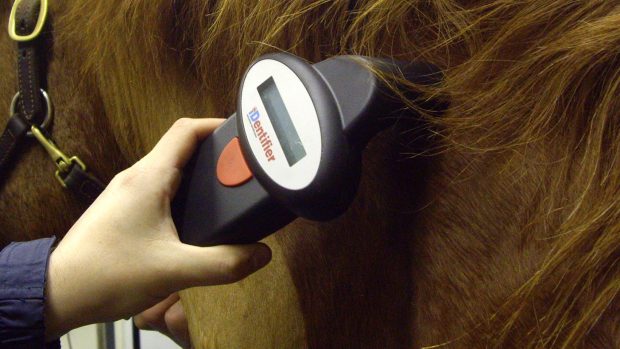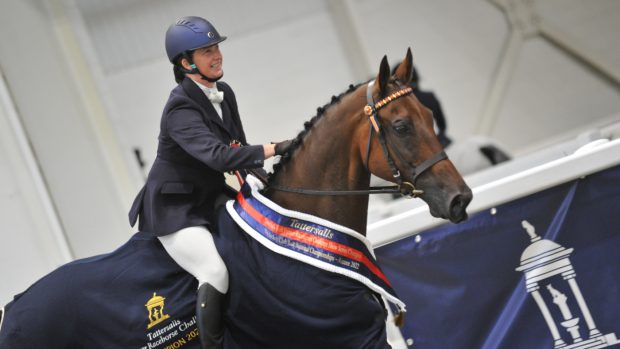A widespread review of the “broken” horse passport system is planned by government, horse groups and local authorities, following the discovery of horse meat in some “beef” products.
Secretary of State Owen Paterson called a meeting on 21 February, after it became apparent that failings in the UK horse passports system have allowed unsuitable horses into the human food chain.
Defra aims to repair the system with the Equine Sector Council for Health and Welfare — an umbrella group for the UK horse industry that includes representatives from the Thoroughbred Breeders Association, the British Equestrian Federation and the British Equine Veterinary Association (BEVA).
At the meeting, they agreed on the need to overhaul the system for horse identification, to take steps to restrict unnecessary movements of horses across borders and improve traceability. These steps will help to improve both food safety andhorse welfare.
“This was a very productive session,” said a Defra spokesman, who confirmed that a further meeting was planned within the next three weeks.
“We are pleased that the equine sector agreed on the need to tighten and investigate ways to improve the horse passport system.”
The UK has more than 75 PIOs (passport issuing organisations) and the standard of the service they offer is very variable. So says Jeanette Allen of the Horse Trust, who leads the steering committee of the Equine Sector Council.
It has been too easy for owners deliberately or unwittingly to obtain duplicate passports for horses, which the system has then been largely unable to detect.
And owners need to be targeted as part of the review, said World Horse Welfare’s Roly Owers.
Compliance with passport rules is poor, even among the responsible horse-owning public. Few remember to transport their horses with passports or to update information.
All drugs given to horses need to be recorded on their passports, unless an owner states on it that the horse is not to enter the food chain. But this does not always happen and random tests in recent years showed that 2-5% of horse carcasses tested positive for phenylbutazone (bute).
David Mountford of BEVA said: There are documents out there that are either out of date or missing vital parts, which makes it difficult for vets.
“Owners need to have their passport ready every time their horse is seen by the vet.
“For the system to work, it must have the understanding and confidence of horse owners, vets and the general public. We need to change the system, but we also need to re-establish its integrity with greater compliance and appropriate enforcement.”
This story was first published in Horse & Hound magazine (28 February 2013)




